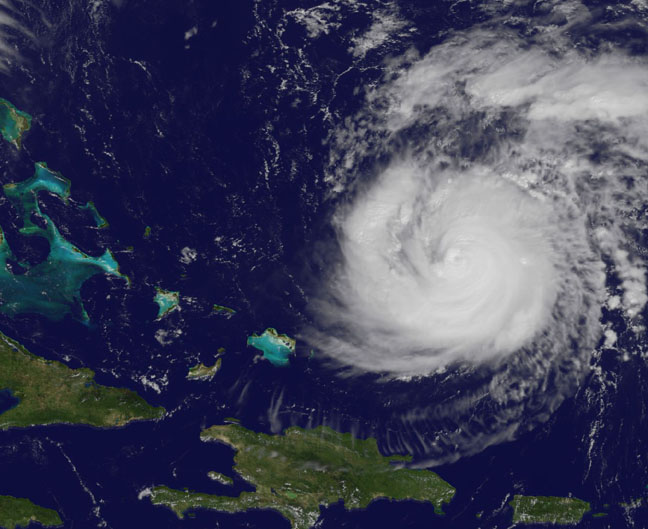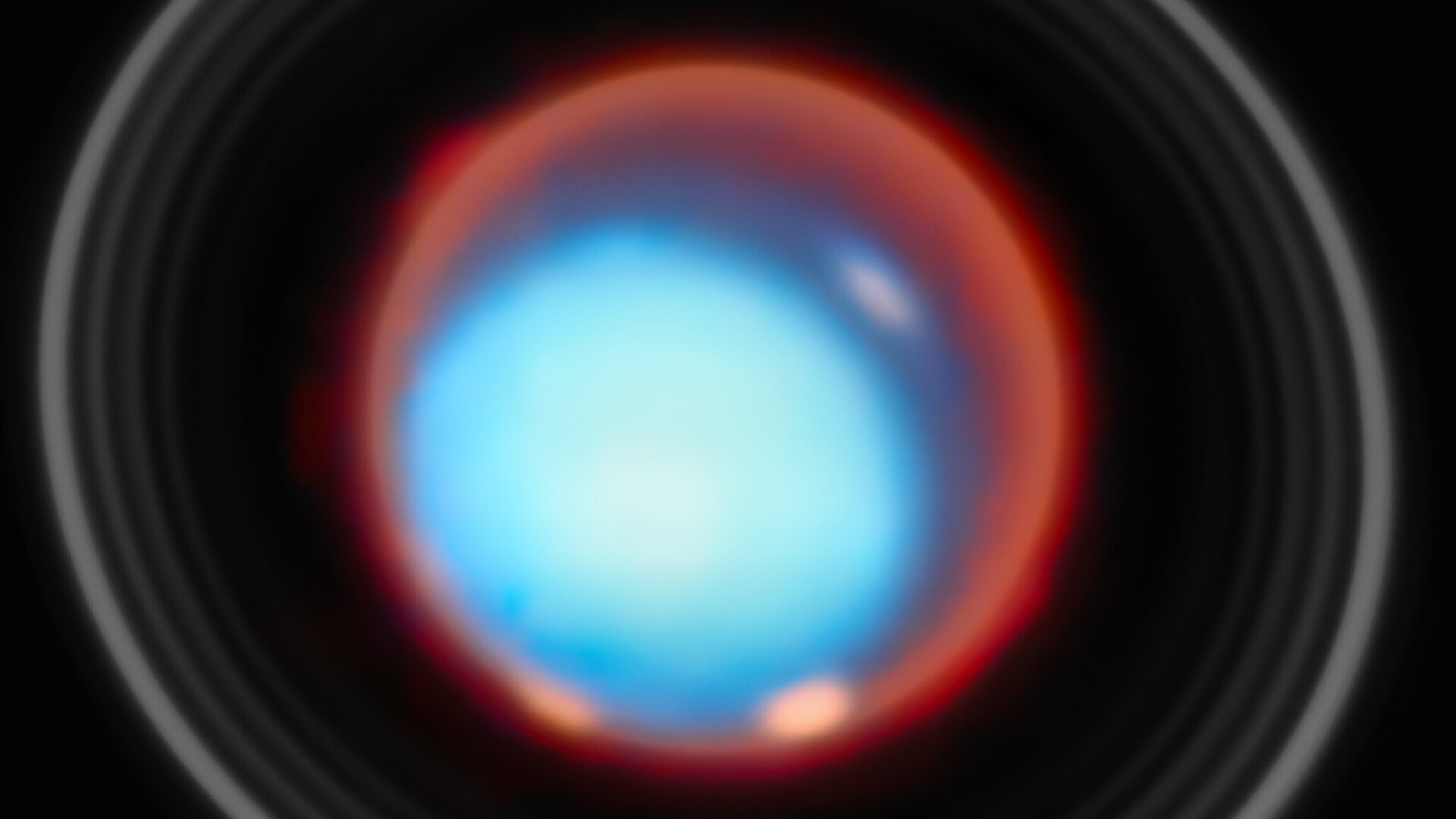Hurricane Gonzalo Threat Delays US Private Rocket Launch for NASA

Breaking space news, the latest updates on rocket launches, skywatching events and more!
You are now subscribed
Your newsletter sign-up was successful
Want to add more newsletters?

Delivered daily
Daily Newsletter
Breaking space news, the latest updates on rocket launches, skywatching events and more!

Once a month
Watch This Space
Sign up to our monthly entertainment newsletter to keep up with all our coverage of the latest sci-fi and space movies, tv shows, games and books.

Once a week
Night Sky This Week
Discover this week's must-see night sky events, moon phases, and stunning astrophotos. Sign up for our skywatching newsletter and explore the universe with us!

Twice a month
Strange New Words
Space.com's Sci-Fi Reader's Club. Read a sci-fi short story every month and join a virtual community of fellow science fiction fans!
Hurricane Gonzalo has pushed the next private cargo mission to the International Space Station back by at least three days.
Orbital Sciences' Cygnus spacecraft was scheduled to blast off on an unmanned supply run to the orbiting lab from NASA's Wallops Flight Facility in Virginia on Oct. 24. But that liftoff has been delayed until at least Oct. 27 because Gonzalo is about to hit Bermuda, where key tracking equipment for Cygnus' Antares rocket is located.
"Once the hurricane has passed Bermuda, a team from NASA’s Wallops Flight Facility Range will return to the tracking site to assess the situation and begin the process of re-enabling the site's functionality to support the launch," Orbital Sciences representatives wrote in a mission update Wednesday (Oct. 15).
"Depending on the impact of the storm on Bermuda's essential infrastructure systems such as transportation, power and communications, the launch date could be moved later" than Oct. 27, they added.
Whenever it takes place, the Cygnus/Antares launch will kick off Virginia-based Orbital Sciences' third robotic cargo mission to the space station for NASA. The company signed a $1.9 billion deal with the agency to complete eight such flights.
California-based SpaceX also makes unmanned supply runs to the orbiting lab for NASA using its Dragon capsule and Falcon 9 rocket. SpaceX's $1.6 billion contract calls for the firm to fly 12 missions; it has completed three of them to date and is in the middle of the fourth. (Last month, NASA also awarded SpaceX a $2.6 billion contract to fly astronauts to and from the space station using a manned version of Dragon, with operational flights envisioned to start in 2017.)
Gonzalo took shape as a tropical storm on Sunday (Oct. 12) and intensified into a hurricane on Tuesday (Oct. 14). By Wednesday, Gonzalo rated as a Category 4 hurricane, meaning it boasted maximum sustained winds between 130 and 156 mph (209 to 251 km/h).
Breaking space news, the latest updates on rocket launches, skywatching events and more!
Follow Mike Wall on Twitter @michaeldwall and Google+. Follow us @Spacedotcom, Facebook or Google+. Originally published on Space.com.

Michael Wall is a Senior Space Writer with Space.com and joined the team in 2010. He primarily covers exoplanets, spaceflight and military space, but has been known to dabble in the space art beat. His book about the search for alien life, "Out There," was published on Nov. 13, 2018. Before becoming a science writer, Michael worked as a herpetologist and wildlife biologist. He has a Ph.D. in evolutionary biology from the University of Sydney, Australia, a bachelor's degree from the University of Arizona, and a graduate certificate in science writing from the University of California, Santa Cruz. To find out what his latest project is, you can follow Michael on Twitter.
